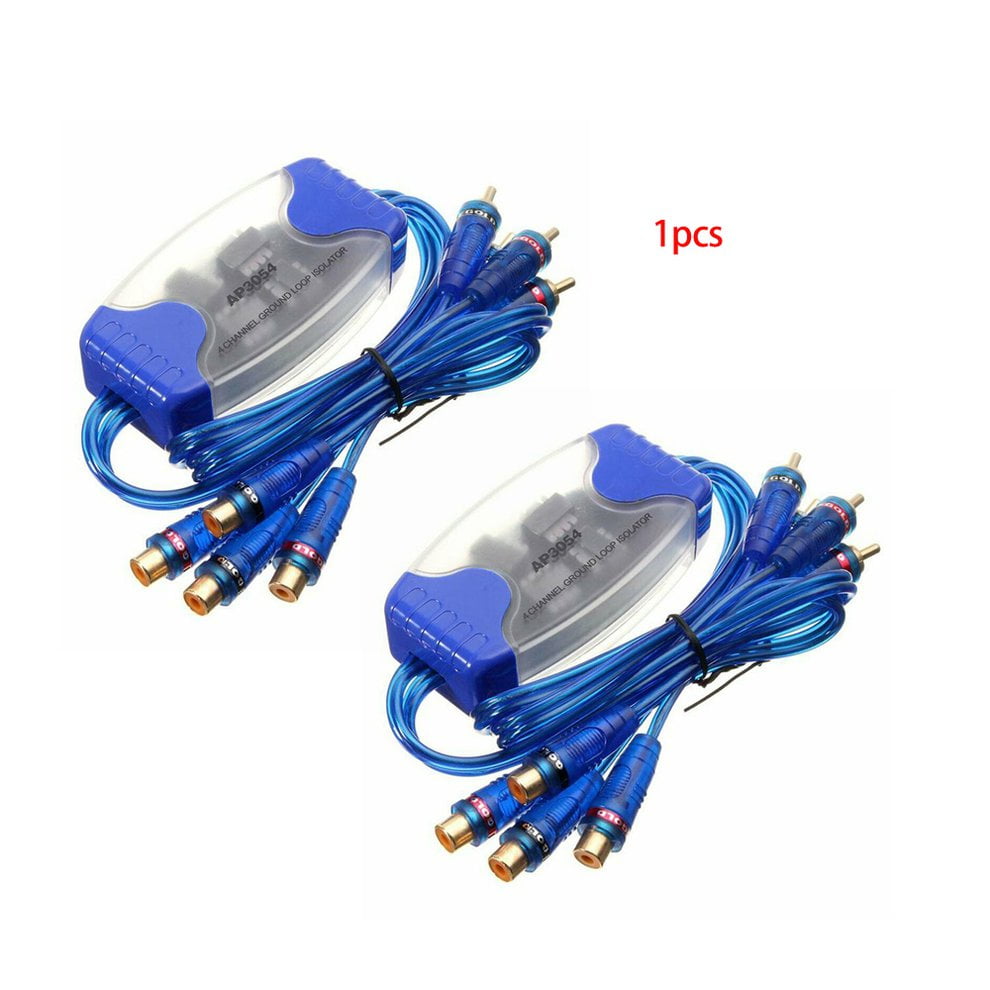
To remove the engine humming sound that filters into the audio output of a car radio,. To eliminate interference or noise from speaker systems with multiple speaker units,. Some of the most common uses of ground loop isolator are: Where is a ground loop isolator used?Īpart from removing noise from an audio signal, a ground loop isolator offers a lot to electrical systems, in particular, systems with audio and video capability. Therefore, it removes electrical noise within the audio circuitry of a radio receiver.Ī ground loop isolator consists of an input, an output, and a transformer in between. In simple terms, it removes electricity from sound and vice versa within a system. This device can eliminate interference by balancing the voltage across all ground points within a circuit to the same value.Īs a result, it removes any potential difference that may exist within the ground circuitry. Through the electric isolation of all-metal cases of devices around the radio receiver.Ī ground loop isolator is an electrical device that minimizes interference within a ground loop system by reducing the paths to the ground to only one way. The use of balanced audio devices and cables all connection points,. Minimization of connection impedance (resistance) by using high-quality wires for both audio and power connections,. Nonetheless, there are other ways of reducing ground loop noise: Installing a ground loop isolator is the best way of getting rid of ground loop noise. The capacitance from a power transformer that feeds the circuit, which powers a radio receiver, can introduce ground loop noise onto the audio circuitry ground system. Magnetic capacitance or inductance on a signal cable can cause ground loop noise. This type of noise generated from the difference in voltage is the most severe and can be hard to mitigate. Another cause of ground loop noise is when a difference in voltage exists between two different ground connections of separate electrical devices connected to the same ground system within an enclosed system. 
However, ground loop noise is still a source of concern even with balanced speaker systems.This noise is more problematic when the radio system connects to an unbalanced speaker system.The generated noise is primarily due to the frequency of oscillation of the powerline and its harmonics, which introduce noise into the audio output of a radio system.Ground loop noise occurs when a radio system draws power from a power system.Ground loop noise can occur due to several reasons. This noise causes severe audio distortions thereby, making tuning and listening to the radio difficult. Ground loop noise manifests because ground cables do not possess perfect conductivity.Īs a result, noise filters into an audio receiver via the common ground point because it connects to various other electrical devices. It propagates through a radio system when the shield of the wire that connects to a receiver carries a combination of noise and audio signal to the ground system. Ground loop noise is nothing but static or noise that affects an audio output of a receiver. Understanding the concept of ground loop noise is key to understanding the need for a ground loop isolator. What is Ground Loop Noise and what Causes it? You can construct your ground loop isolator all by yourself by using a few tools and materials that are available at your local hardware shop. Installing a ground loop isolator to your radio equipment may be the answer to your problem.ĭo I need a technical person to build a ground loop isolator? No, you do not. The good news is you don’t have to listen to poor radio reception for the rest of your life. It can also make you miss out on crucial conversations or headlines of the morning news.

This constant whistle-like sound – also known as ground loop noise – can be annoying and may prevent you from enjoying your favorite jam. Sometimes you may experience static or distortion to the audio signal. A DIY ground Loop Isolator may be your only solution to having a clear radio reception.






 0 kommentar(er)
0 kommentar(er)
